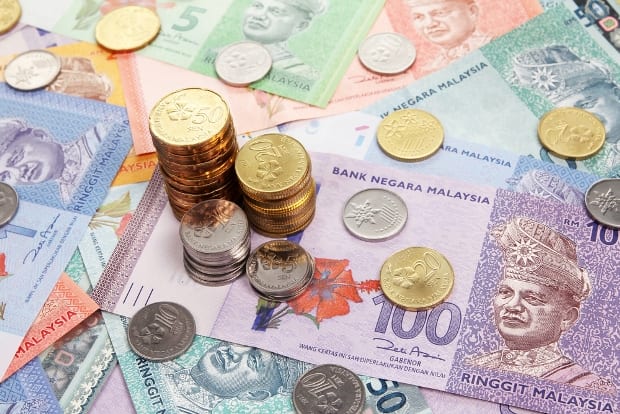Here’s why the Ringgit is crashing

The Malaysian ringgit has been one of the worst performing currencies in Asia since Donald Trump won the recent US election. Having spoken to several economists, currency strategists and traders for their views, here are a couple of possible reasons why.
1. Higher US treasury yields
Suddenly, US government bonds, the safest investments in the world, don’t seem so appealing anymore with someone who’s so far behaved like a lunatic now at the country’s helm. To compensate for this, yields, or the return you get from buying these bonds, have become much higher. So, foreign investors are pulling their money out of high yield bonds such as those issued by Malaysia, and directing the funds into the US. It is this outflow of funds that is causing the ringgit to crash.
2. Uncertainty over trade
Najib Razak recently received some help when he sold distressed 1Mdb assets to the Chinese. The Malaysian PM recently also visited his counterpart Xi Jinping in Beijing to seal further investments by the Chinese in Malaysia. But because China is now seen as one of the biggest losers from Trump’s anti-trade ideals, Malaysia’s close ties with the country isn’t something investors are very optimistic about, so they could be dumping the ringgit for safer bets, like the Singapore dollar. During his campaigns, Trump had repeatedly vowed to bring factory jobs outsourced to the Chinese back to the US, which could roil the fragile progress China has been making in reforming its economy. Also, with the future of the TPP now on the rocks, the prospect of more expensive trade isn’t helping the currency.
Will it get worse?
Probably, if and when the Fed raises its interest rates, which will cause the USD to rise. Also, don’t forget that the ECB is expected to stop its QE in March, which will make the EUR more attractive. Another reason is Malaysia’s level of debt, which is close to 55% of its GDP, or some RM630 billion ($204 billion). A third of the country’s debts are held by foreigners in the bond market, the highest among all the ASEAN countries. Any sudden pull of money out of the country could be disastrous for the currency.
Will it get better?
Never say never, especially after Malaysia’s closer relationship with China, which has a history of behaving unpredictably to protect its position in the market. Higher oil prices may also lift the ringgit. Remember, OPEC is due to meet later this month to discuss possible production cuts to balance supply against demand, which will support the price of oil, at least, over the short term. Meanwhile, oil stocks are already rising because Trump is seen as having no regard for climate change at all, and likely to be supportive of more drilling.
This article first appeared in The Edge Singapore Market Report.



